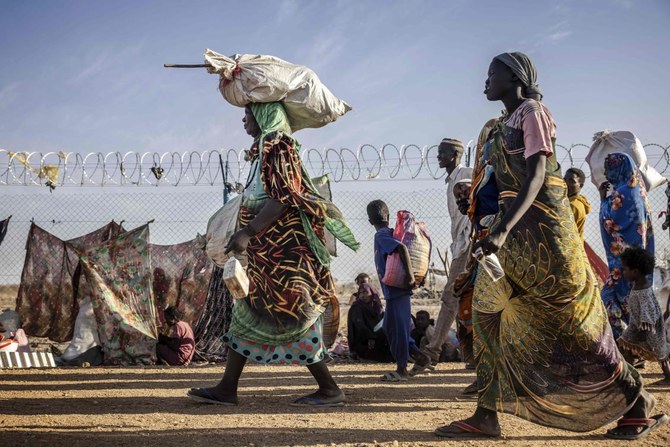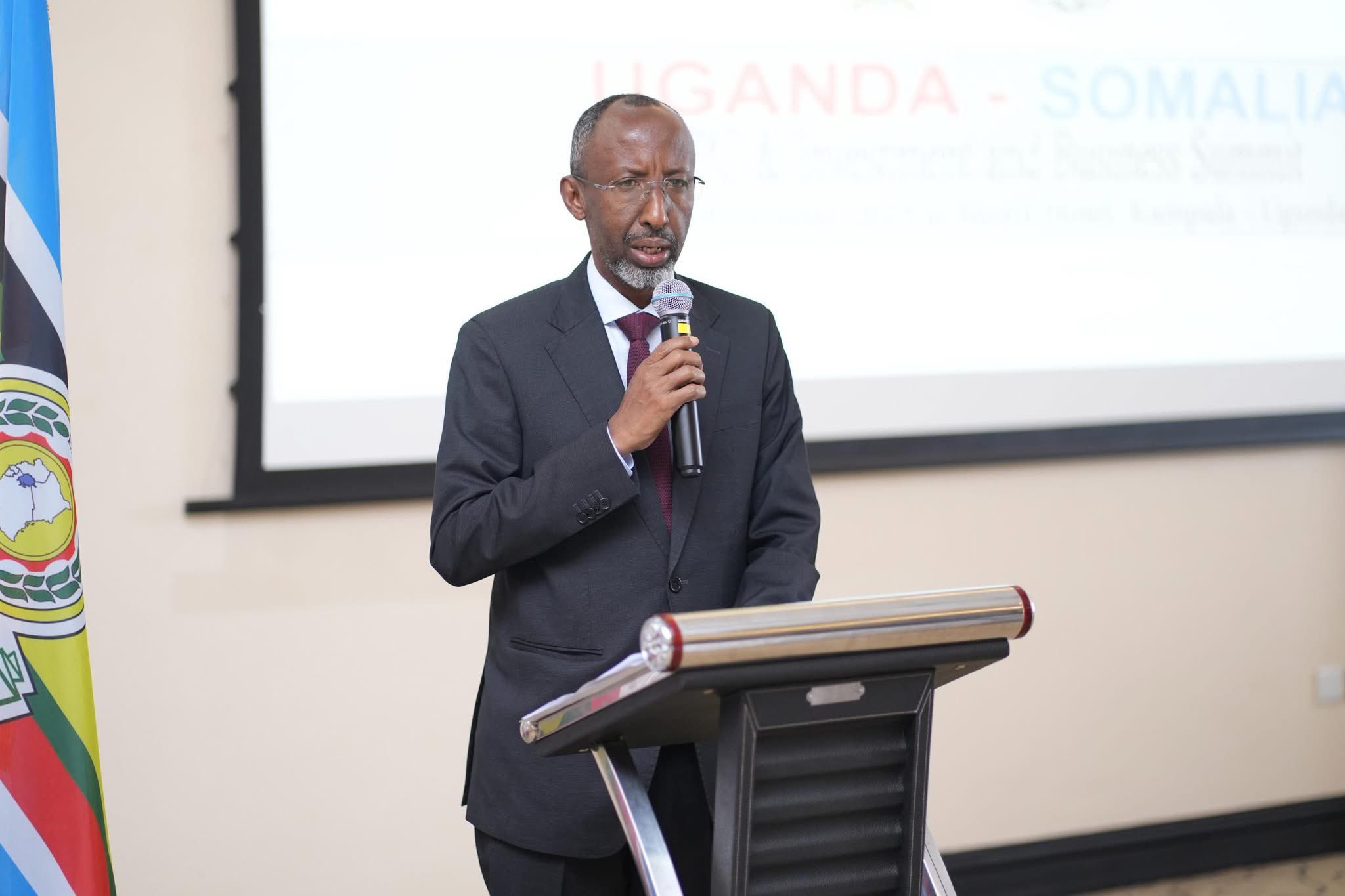Sudan refugees find refuge in mosques across Juba

Since April 2023, more than 8.5 million people have been forcibly displaced due to fighting.
As the conflict in Sudan enters its second year, 1,000 refugees per day continue to flee across its southern border.
The South Sudan Islamic Council has urged Sudanese refugees who left the camp in the Gorom area of Juba County to return and seek shelter in mosques.
More To Read
- UN Secretary-General condemns ‘horrific’ drone strike on peacekeepers in Sudan
- Nine dead, 17 injured in RSF drone strike on Sudan’s Dilling military hospital
- UN chief alarmed by drone strike killing over 30 Sudanese civilians
- Sudan war: Aid teams say deal struck to reach stricken El Fasher
- UK sanctions Sudan’s RSF commanders over atrocities amid ongoing conflict
- All we want for Sudan is peace, say children fleeing violence
Abdullah Batak, the Secretary-General of the South Sudan Islamic Council, informed Eye Radio that hundreds of refugees have left the camp and sought refuge in various mosques throughout Juba city.
"We have received complaints from mosque committees regarding this crisis," he said.
The refugees reportedly fled harsh living conditions in the camp.
"Unacceptable"
Abdullah acknowledged the difficulties the refugees are facing but said it is unacceptable for them to stay in places of worship.
"I call on them to return to the camp because mosques are not a place to live, and we must adhere to it. A person fleeing war from his country is called a refugee and has to live in a refugee camp for now.
"South Sudan in general treats Sudanese as citizens, so whoever has the possibility to rent can live in a house, but the mosque is not a place to live," he said.
The religious leader directed all mosque committees to make sure that refugee occupants were facilitated back to the camp.
He stated that he is in communication with the Ministry of Humanitarian Affairs and Disaster Management to address their concerns.
"At the time I was speaking, I was in the office of the Minister of Humanitarian Affairs and Disaster Management after we heard about this situation. So currently I have a meeting regarding it and we will inform you of its outcomes," he added
Since April 2023, more than 8.5 million people have been forcibly displaced due to fighting.
Today, nearly 25 million people, including 14 million children, urgently need humanitarian assistance in Sudan according to UN bodies.
Additionally, according to the World Food Programme, 25 million people across Sudan, South Sudan and Chad are facing food insecurity as a result of the ongoing war.
UNHCR, the UN Refugee Agency, is working alongside governments, partners and other UN agencies to provide lifesaving aid—such as protection, shelter and core relief items—to refugees and internally displaced people impacted by the conflict.
Top Stories Today













































